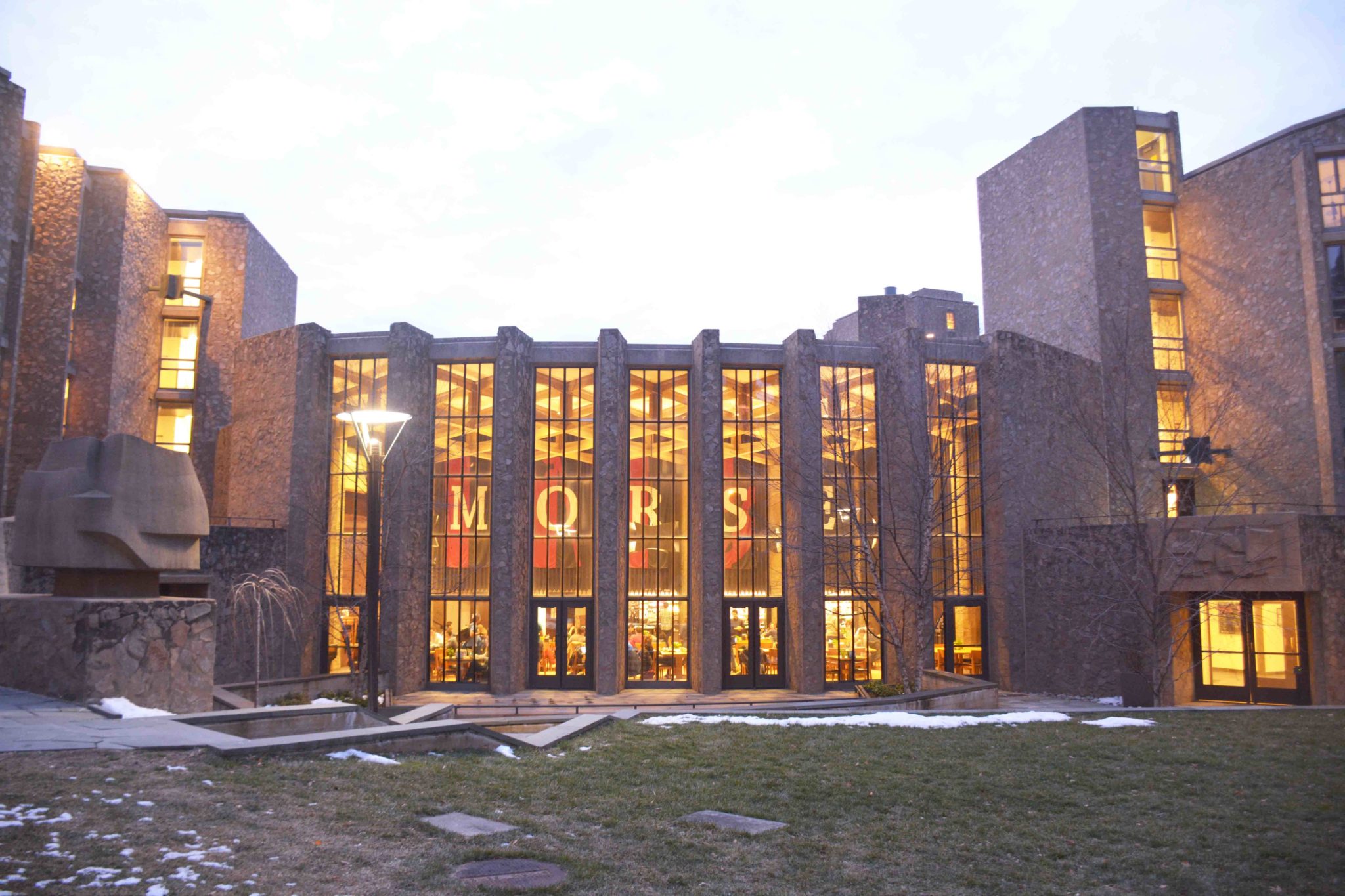
In an effort to encourage students to live on campus, administrators are working to create a plan to extend dining hall hours. But the costs of later hours and potential pushback from one of Yale’s labor unions are slowing progress.
Yale Hospitality provided extended dinner hours in Commons following a Yale College Council request in 2011. But, after a year, Yale Hospitality found that only a few students used the service from 8 to 9 p.m. and adjusted the hours so that dinner in several dining halls ended at 8 p.m., rather than 7:30 pm. Over the years, the YCC has proposed various ideas to extend dining hall hours, but not much has changed.
Still, demand remains for later dinners in the dining halls. A YCC report last January found that 41.2 percent of students said their preferred eating time is 7 p.m. or later.
Students and Yale officials have recently proposed several plans to extend dining hours. At a town hall last month, Dean of Yale College Marvin Chun proposed the idea of closing down one residential college for hot lunch each semester on a rotating basis to fund late-night dining options for students. And earlier this semester, Yale Hospitality proposed a plan in which Jonathan Edwards, Pierson and Davenport colleges would alternate closing for lunch every day for a year or semester in order to free up funding for later dinner hours. But after pushback from the affected colleges, Yale officials abandoned the idea.
“It wouldn’t be great for the affected colleges if they lost their lunch service,” said Head of Davenport John Witt. “Marvin quickly came to see it the same way, and I was grateful that we were able to move forward on this basis.”
Asked about the YCC’s efforts to expand Yale Dining hours, Taherian said his office is working with the Yale College Dean’s Office to develop a plan to accommodate extended dinner service.
Still, limited labor supply may prove to a barrier to any effort to extend dining hours. Six members of Local 35 — the union that represents Yale’s dining hall employees — interviewed by the News said they either disliked or felt neutral about the idea of extending dining hall hours. Three said that Local 35’s leadership would likely advocate against the idea.
President of Local 35 Bob Proto did not respond to requests for comment.
“Local 35 leadership’s input is a critical step in any service standard change, as it may have impact on our employees [and] their members,” said Natalie Turcio, the executive assistant and special projects manager at Yale Hospitality.
Chun said that input and support from union leadership and staff are essential — but that, at this point, he does not have a feasible proposal to share with them.
Jelani Williams, who works in the Davenport dining hall and is a member of Local 35, noted that the dining hall is already understaffed and that Yale would likely need more labor power to accommodate longer hours. Devin Butler, another member of Local 35, said Yale would likely have to open later in the morning for dining halls to stay open later at night.
Indeed, newly elected YCC President Saloni Rao ’20 noted that operating the dining halls requires “real people who have real families and other obligations outside of their jobs with Yale Dining.” Given the restrictions between labor unions and Yale Dining, she and Vice President Heidi Dong ’20 have proposed shifting dining hours in one residential college so that the dining hall both opens and closes later.
Dong, who previously served as YCC university services director, noted that the YCC and Yale Dining committed to increasing communication to find a solution for the demand for late-night dining following the January YCC report.
The cost of the full meal plan is $3,400 per semester.
Hailey Fuchs | hailey.fuchs@yale.edu







